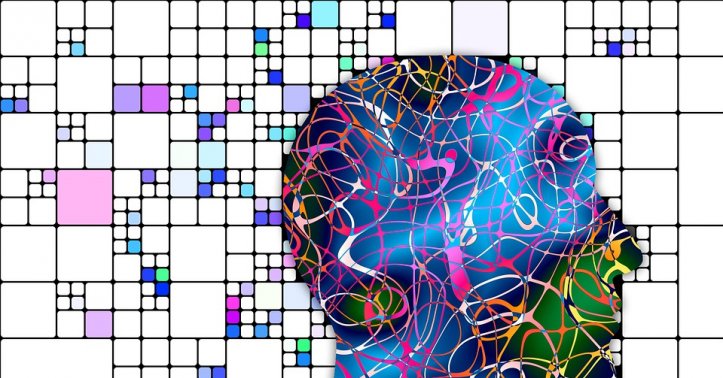
The 5 Main Obstacles to the Power of the Human Mind
We are what we think. What we think is the result of our experiences. The power of the human mind is tremendous. Our thinking is colored with the wants and desires created by our senses. These senses are continuously drawn to the external world. They form strong likes and dislikes. These feelings give rise to pleasure which in turn translates into pain and a lifelong journey of suffering. This vicious never-ending cycle is caused primarily due to the inherent structural defects of the human mind called the Kleshas. We are unaware of their existence and hence unconsciously feed on them until they grow stronger in magnitude and intensify our pain and suffering.
The positive power of the human mind is destroyed due to the presence of the following 5 obstacles

1. Avidya - Ignorance
The root cause of all our problems is ignorance. Ignorance of the facts. Ignorance of reality. We live in a delusional material world and consider the unreal to be real, fiction as facts, and temporary as permanent. This false knowledge and ignorance gives rise to all the other defects and thereby destroys the power of the human mind. The subsequent defects feed on the ignorance of the human mind that believes in things without having proper knowledge of reality or facts. This ignorance in turn becomes a feeding ground for the ego to rise.

2. Asmita - Ego
Ego arises due to a strong identification with our external labels. The identification of the temporary roles that we play during our time on earth. We get deeply involved with this identification with the material world. Most (if not all!) of our disagreements and altercations are a result of the ego that each of us feeds on. The Ego always wants to be right and does not create room for any corrections or improvements. The Ego lives in fear and is afraid to come out of its cocoon and accept reality the way it is. The universal power of the human mind is destroyed when we allow our egos to dominate. The identification created by the ego becomes so strong and deep-rooted that it invariably leads to attachment.

3. Raga - Attachment
Undue attachment to materialistic possessions, human relationships, and past memories lead to unbearable pain and suffering. It leads to the formation of strong likes and dislikes. These strong emotions and feelings dominate our actions and behaviors. We fail to look beyond these worldly desires and get overwhelmed with attachments. We lose conscious connections. We find ourselves heavily dependent on our objects of affection and thus find it difficult to let go. We find it difficult to just surrender it all and focus on our growth. This strong attachment leads to unfulfilled expectations and desires and thus we fall prey to aversion.

4. Dvesh - Aversion
Aversion is the result of strong and uncontrollable emotions that are developed due to our likes and dislikes. We tend to develop unhealthy feelings towards all our desires and expectations which remain unfulfilled due to the limitations that exist in the material world. We mistake pleasure for happiness. True and genuine happiness comes from knowing yourself and can never be dependent on external factors. It is the feeling of bliss and harmony generated within, no matter what the external circumstances may be. Pleasure is the exact opposite of this experience. Our senses lure us towards materialistic obsessions. The positive power of the human mind is destroyed due to the existence of this negative power of Aversion. This heavy dependency on external desires for momentary pleasure gives rise to fear.

5. Abhinivesh - Fear
Fear is the result of doubt. A feeling of uncertainty give rise to fear. We fear change because it is uncomfortable. We fear loss. We fear death. We constantly live in fear, because of our presumption that the materialistic world is permanent. Our undue attachment to external desires often clouds our vision to see things with clarity and make rational judgments. Our ignorance that we can control things and continue to depend or remain deeply attached to something causes this fear in us and enhances our delusion. This in turn brings us tremendous pain and suffering, which we fail to overcome due to our deep-rooted Avidya.
Conclusion
The only way out is the realization is that nothing is permanent be it the good or the bad. This is the true nature of the materialistic world. It is constantly changing. We need to adapt and grow along with the changing nature of things. The power of the human mind can be explored further with Alternative Therapies for growth and healing.
About the Author

Karen is a content contributor at Life Positive. She is also a trained yoga teacher and has studied classical yoga from the Yoga Institute. As a part of her yoga education, she has studied and has knowledge of the Yoga Sutras of Patanjali. She is also a law graduate and has previously worked in corporate governance, legal, and compliance for 10 years.








